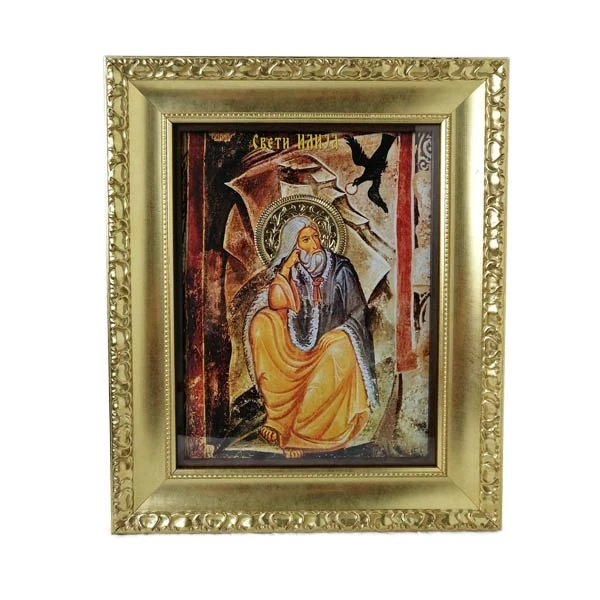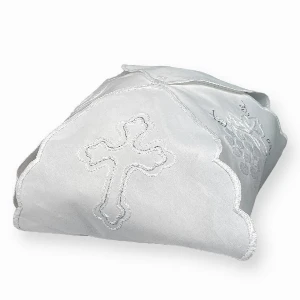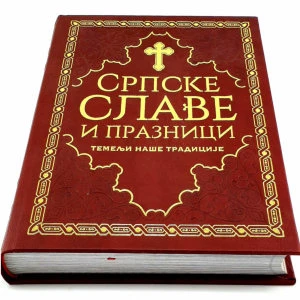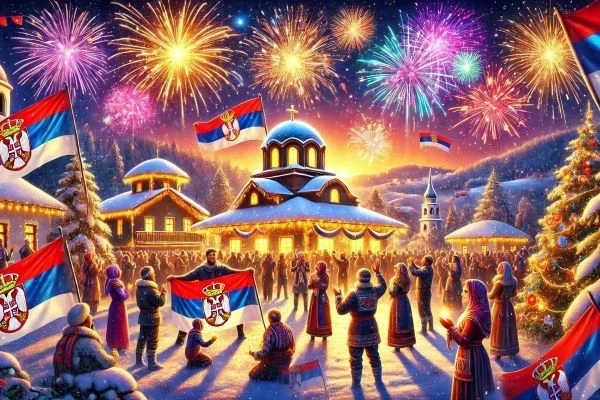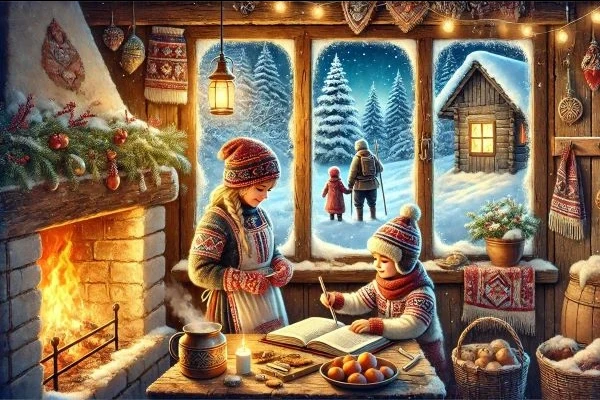SLAVA CELEBRATIONS IN AUGUST- WHAT CELEBRATIONS DO WE CELEBRATE IN AUGUST?
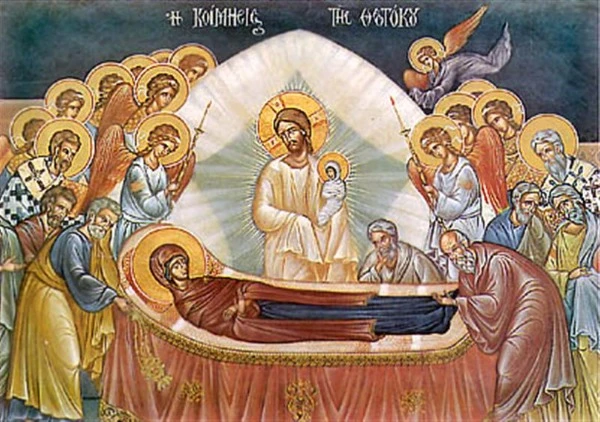
The Slava is a special and unique feature of the Serbs. Orthodox Serbs are the only people who celebrate Slava.
Slava represents the legacy of the pagan cult of the hearth guardian, in this area.
Namely, every Orthodox Serbian household celebrates a saint with baptism, who is believed to be the protector of the home and the household for generations.
The day of Slava celebration is a solemn day in the Serbian household, and the celebration table is then decorated with a celebration cake, a celebration candle, red wine and wheat. After the consecration of the house and the cake, the cake is cut with a prayer and finally a toast for the good health and well-being of the family.
Slava celebrations in Serbia have been spread throughout all twelve months, and now in front of you are seven great August celebrations.
Saint Ilija- August 2
Saint Ilija is considered one of the greatest prophets in Christianity.
It is believed that by converting to Christianity, the Serbian people attributed the characteristics of the old god Perun, who ruled with lightning and thunder, to Saint Ilija, so the prophet Ilija is also called "Thunderbolt".
According to folk tradition, Saint Ilija rides in a chariot of fire drawn by four horses, from whose nostrils a flame erupts, and the thunder is actually the rumble of his chariots that ride across the sky and clouds.
When lightning strikes Saint Ilija, the people say that it is "a saint shooting at the devil", so it is not worth baptizing so that the devil would not hide under a cross that is not struck by lightning.
In many parts of Serbia, manifestations are organized and various customs are respected so that there would be no storm next year.
Blessed Mary - August 4
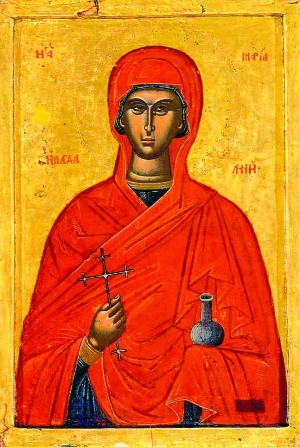
Immediately after Saint Ilija, more precisely on August 4, Serbs celebrate the Blessed Virgin Mary, a holiday dedicated to Mary Magdalene. According to popular belief, Blaga Marija is the sister of Ilija Gromovnik.
She is also believed to be the protector of women.
After Christ's resurrection, she became a preacher, and traveled to Rome to explain the resurrection of Christ to Emperor Tiberius with a red egg, so it is believed that we are left with the painting of red eggs for Easter.
Venerable Martyr Paraskeva - August 8
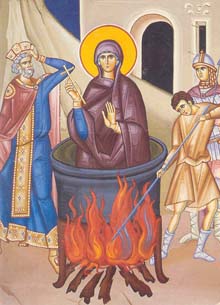
This holiday is popularly known as Trnova Petka or Trnovica. Originally from Rome itself, she lived in the 2nd century BC. Having renounced her family property and accepted the Christian faith, she set out to preach the teachings of Christ.
That is why she found herself in court, pardoned. However, by order of Prince Tarasius, she was killed around 140, and her relics were later transferred to Constantinople.
According to the folk belief, on that day, it is not good to knead bread, wash clothes, take out the ashes or do any of the handicrafts, so that your hands do not tingle during the year.
Saint Panteleimon - August 9
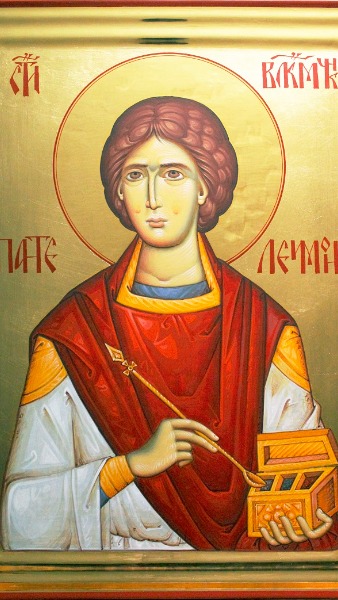
Saint Panteleimon, originally from Nicomedia, as a young man, studied to be a doctor. Baptized, he approached the Christian faith and began to preach it.
Legend has it that the executioner could not cut off Saint Panteleimon's head with a sword while Panteleimon was praying, because the sword bounced off his neck and broke. After he finished praying, he was executed.
Parts of the holy relics of this great martyr are located in the Hilandar Monastery, as well as in three churches in Belgrade: in the Church of the Nativity of the Most Holy Mother of God on Kalemegdan, then in the Church of the Holy Archangel Gabriel and in the courtyard of the Moscow Patriarchate.
It is celebrated on July 27 according to the old calendar, and on August 9 according to the new calendar.
Holy Martyrs Makavej - August 14
The seven brothers of Makavej, as well as their mother, were martyred in 166 BC by Antiochus XI Epiphanes, who tried to introduce pagan customs in Jerusalem.
He made a statue of Zeus in the Jerusalem temple, and forced the Jews to worship him.
The brothers refused to obey the orders, which caused them to suffer.
There are few folk customs for this holiday and they are all related to water, so it is believed that everything that is done with basil is good on that day, be it planting or cooking.
19. The Transfiguration of the Lord
The Feast of the Transfiguration of the Lord is one of the twelve feasts of Christ in Orthodoxy and is dedicated to the memory of the event of Christ's Transfiguration on Mount Tabor when the Lord spoke through Christ.
The Transfiguration of the Lord is also known in Orthodoxy as the Summer Epiphany. Then, as it is written in the Gospel, Jesus appeared before his disciples "with his face shining like the sun and his clothes shining like snow" and the heavens opened when the voice of God was heard: "This is my beloved Son ... listen to him."
The Transfiguration always falls during fasting period, so the table for this holiday is fasting.
A large number of Orthodox churches in Serbia are dedicated to this holiday, and among them are the most famous churches of the Transfiguration in Belgrade, Pancevo, Sokobanja, Smederevska Palanka and the Transfiguration Monastery in Ovcara, the Serbian Holy Mountain.
On this holiday, it is believed that nature is transformed (it gets colder and nature is extinguished), so you can hear the saying that "both mountain and water are transformed"
Assumption of the Blessed Virgin - August 28
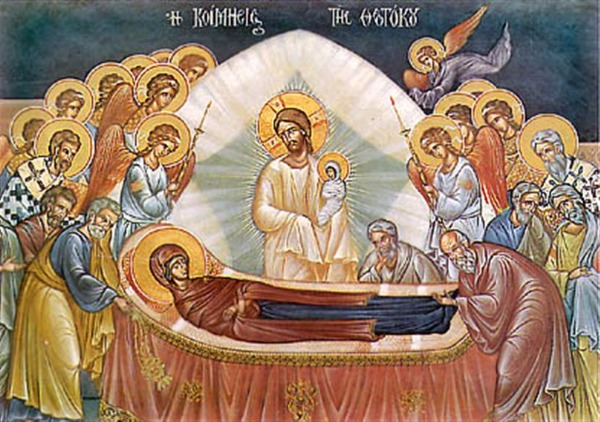
Known as the Assumption of the Blessed Virgin Mary, this holiday is one of the greatest holidays dedicated to the Mother of God and the day of her death.
The legend says that the Mother of God lived for over 60 years, and that she continued her son's mission.
Until her death, she lived in Jerusalem, surrounded by the Christian community.
The Assumption of the Blessed Virgin also stands out as a women's holiday when women in particular go to communion, because the Mother of God is considered the protector of women and mothers and their children. The belief says that on that day, women should not do chores in and around the house.
Related products
Read also
Who was Saint Sava and what was his contribution?
"Saint Sava: A Beloved Serbian Saint with a Rich Legacy and Cultural Significance"
…Serbian New Year: Tradition, Customs and How to Celebrate it
The Serbian New Year, also known as the Orthodox New Year, is celebrated on…
Gifts Inspired by Serbian Culture: Authentic Ideas for the Holidays
The holidays are a time of giving, and finding the perfect gift is often a challenge.…
Traditional Serbian Christmas Customs: How to Cultivate Them in Modern Times?
Christmas is the most joyous holiday in Orthodox Christianity, a time when families…
How to Bring the Spirit of Orthodox Tradition into Your Home This Winter?
Winter is the perfect time to bring warmth, togetherness and the spirit of Orthodox…
Serbian Souvenirs: Perfect New Year's Gifts for All Tastes
New Year is the time of giving, and what is more beautiful than a gift that…
How to stay productive and not waste an entire day on Black Friday shopping
Black Friday is a day full of amazing discounts, but it can easily become exhausting…
Folk Beliefs and Customs for Saint Aranđel - Assembly of Holy Angels
Saint Michael the Archangel, who is celebrated…
Folk Beliefs and Customs for Đurđić - Glory of St. George
Đurđić, the feast of St. George, celebrated on November 16, is one of the most…
Smart shopper's guide: How to make the most of Black Friday
Black Friday is the most famous shopping event of the year that offers huge…
The history of Black Friday: How it all began and why it continues
Black Friday, known as the biggest discount day of the year, today attracts…
Gifts for Children in the Diaspora: How to Nurture the Connection with the Language, Culture and Tradition of Serbia
Children who grow up in the diaspora face specific challenges - they lose contact…

Apply for newsletter
Sign up for the Serbianshop newsletter and get a 10% discount.


